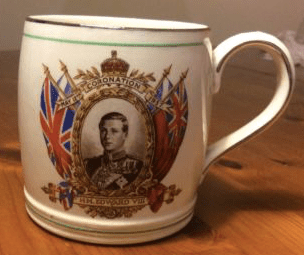
In the News: English Heritage – ‘Nominate Female Candidates for New Blue Plaques’
Only 14% of London’s blue plaques celebrate women. English Heritage is trying to redress the balance. Since they began a campaign in 2016 more than half of the plaques awarded have celebrated women. However, they are seeking more nominations from the public. What a wonderful way to engage with public history! You can check out the selection criteria here. One of the rules states that … Continue reading In the News: English Heritage – ‘Nominate Female Candidates for New Blue Plaques’













